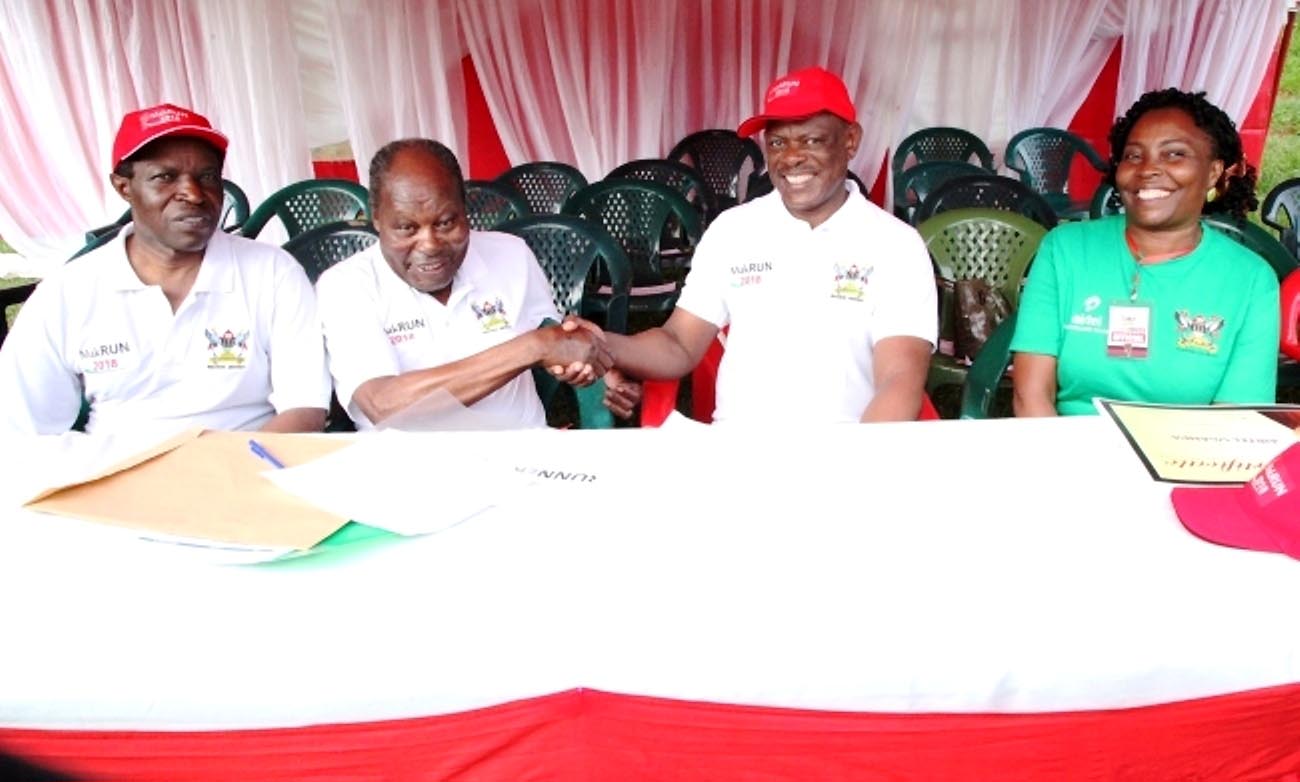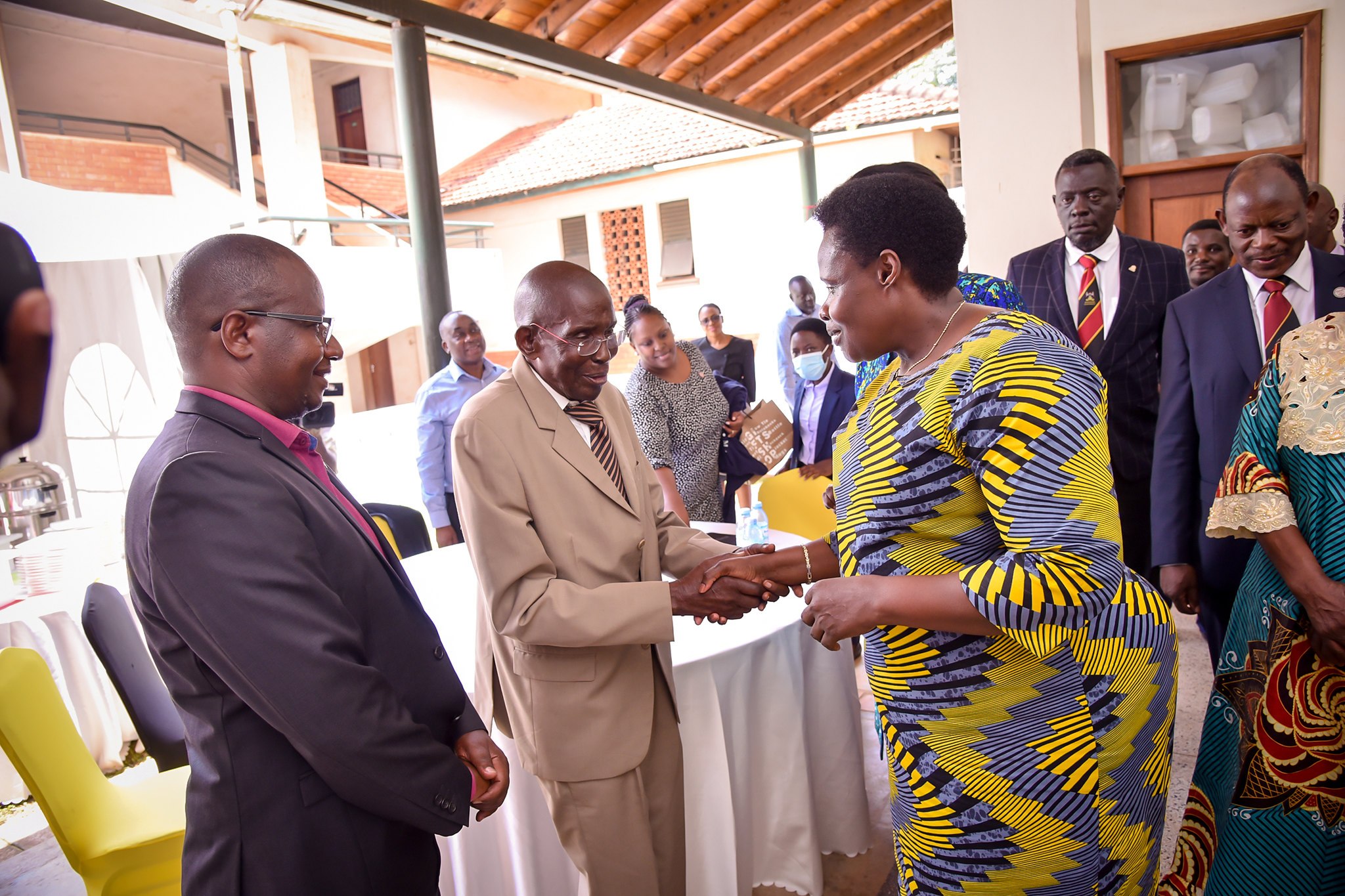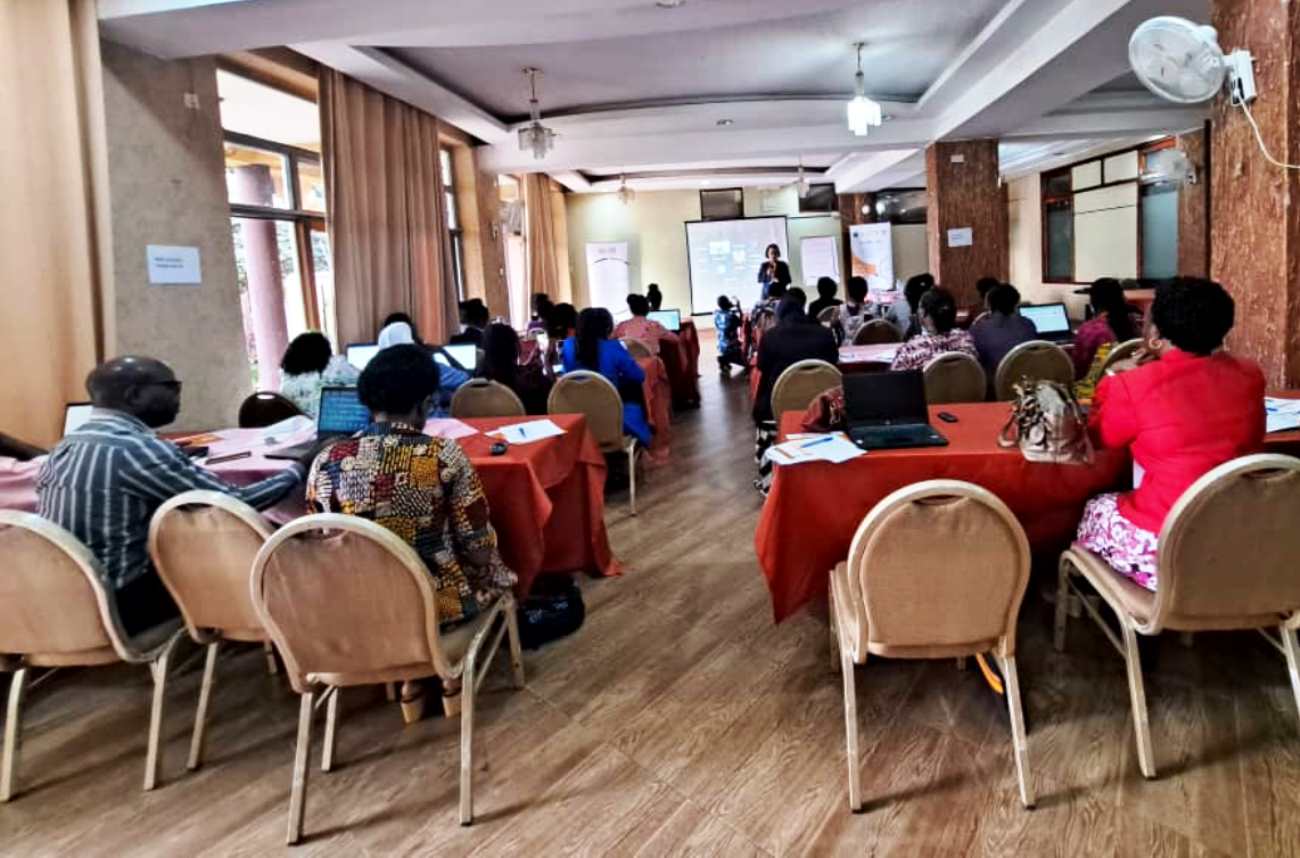It is with great sorrow, that the Makerere University Council, Senate, Alumni and the entire students’ community has learnt of the death of Prof. Justin Epelu-Opio.
Our heartfelt consideration goes out to the family upon the loss of a loving Father, Grandfather, Mentor, Son and dear friend. Please accept our sincere condolences. We commit you to God our Father, who alone knows the plans He has for each and every one of us.
Prof. Epelu-Opio was our longest-serving Deputy Vice Chancellor (1993 – 2004), and the last to serve in that position before the Universities and Other Tertiary Institutions Act enacted the two positions of Deputy Vice Chancellor (Academic Affairs) and Deputy Vice Chancellor (Finance and Administration). He was not only a great administrator, but also a great academic who selflessly contributed to Makerere University’s transformation. He served humanity with a lot of dedication and touched many lives in Uganda and beyond.
On 16th February 1973, Epelu-Opio took up his appointment as Lecturer in the Department of Veterinary Anatomy, in the then Faculty of Veterinary Medicine. He embarked on his PhD in Veterinary Anatomy the same year and completed it in 1976. Prior to that, he had completed his Bachelor of Science in Veterinary Medicine (1967 – 1971) and Master of Science in Veterinary Anatomy (1971 – 1973) both from the University of Nairobi.
Prof. Epelu-Opio was an ardent student who during his undergraduate studies at the University of Nairobi served as Research Assistant to Prof. RR Hofmann and Prof. Frederick Ian Bantubano Kayanja. He carried on this passion into his graduate studies, where he served as Temporary Technician and Demonstrator to undergraduate students in the Department of Veterinary Anatomy at the University of Nairobi.
Shortly after completing his PhD, in 1977 he took up the role of Senior Scientific Officer with the Animal Productivity Research Unit (APRU) of the National Committee for Scientific Research (NCSR) in Lusaka, Zambia, until 1982.
Upon his return, he was appointed Senior Lecturer in the then Department of Veterinary Anatomy, a position he held until 1984 when he was appointed to the rank of Associate Professor in the same Department.
In 1985, he was sponsored by the International Atomic Energy Agency (IAEA) for a four-month course in Animal Reproduction at the College of Veterinary Medicine, Uppsala University, Sweden, with emphasis on Radioimmunoassay techniques for assessing reproductive performance. That same year, he was appointed Head, Department of Veterinary Anatomy, a position he held until 1990.
During his time as Head of Department, in 1989 Prof. Epelu-Opio was appointed to the rank of Professor. In 1993, he was appointed Deputy-Vice Chancellor, a position he held until he attained the mandatory retirement age of 60 in 2004. He presided over this office during the delicate time when Makerere transitioned from admitting strictly Government-sponsored students to accepting privately-sponsored students. We are grateful that this worked out well and under his supervision, many deserving Ugandans gained access to quality University education.
Beyond the gates of Makerere, Prof. Epelu-Opio was a respected Statesman and elder, whose work as the pioneer Chairman of the Presidential Commission for Teso contributed to the restoration of peace in the sub-region. We are grateful that as a prolific writer, he documented his efforts in; Teso War 1986-1992: Causes and Consequences, a book published by Fountain Publishers.
We therefore stand with the Epelu-Opio family, friends, the Uganda Veterinary Association and all those whose lives he touched upon the loss of this great man. We are nevertheless comforted by the fact that this gallant alumnus did not hide his candle under the covers but lit so many other candles, which will continue to shine bright and perpetuate his legacy.
We remain forever thankful to God for the gift of Prof. Justin Epelu-Opio’s life and pray that the good Lord will rest his soul in eternal peace.
Umar Kakumba (PhD)
AG. VICE CHANCELLOR
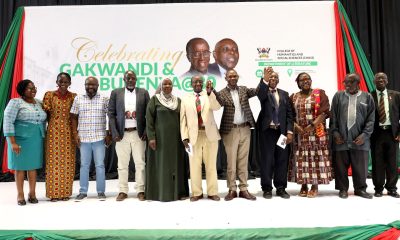
 Humanities & Social Sciences1 week ago
Humanities & Social Sciences1 week ago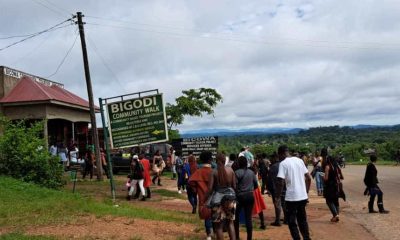
 Agriculture & Environment2 weeks ago
Agriculture & Environment2 weeks ago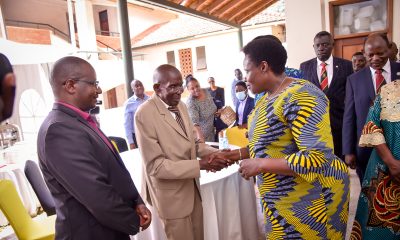
 General2 days ago
General2 days ago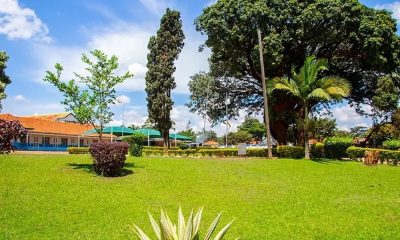
 General2 weeks ago
General2 weeks ago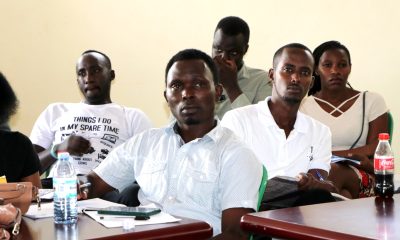
 Veterinary & Biosecurity1 week ago
Veterinary & Biosecurity1 week ago
